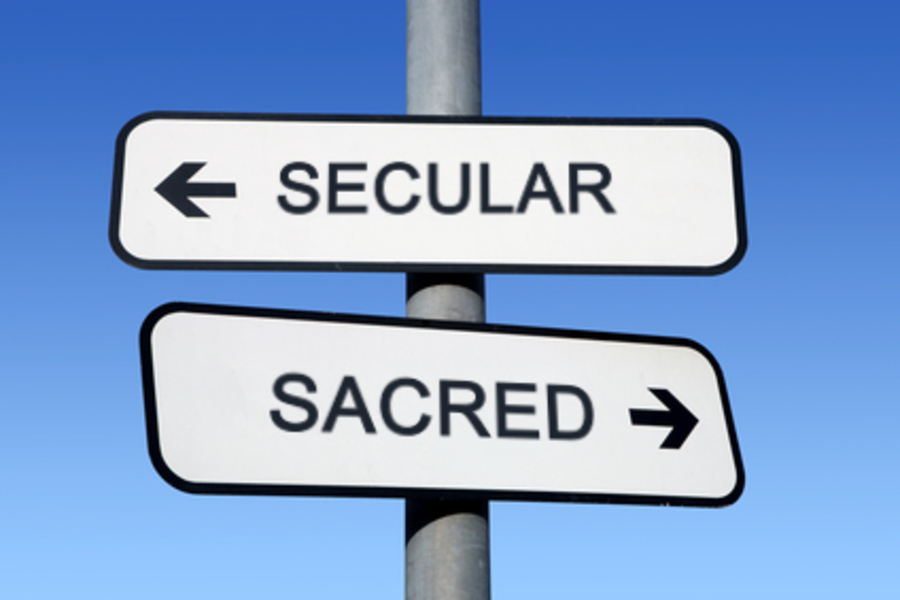A headline in The Washington Times some years ago caught my attention. It related a dust-up that erupted between France and Iran. The two countries faced a diplomatic meltdown over a dispute regarding the menu at a proposed dinner between their presidents. The then Iranian President Hassan Rouhani insisted the meal be alcohol-free and include only “halal meat,” according to Muslim dietary rules. In France, a dinner without wine is unacceptable, so they counter-offered to make the meal a breakfast. The Iranians were gravely insulted. They considered that too cheap and not worthy of their participation. Apparently, you can eat dinner with Iran’s president, not breakfast.
I never did read a follow-up on how the issue was resolved. They probably settled for a falafel lunch. What interested me was the way the story was reported in The Washington Times. The reporter, Kellan Howell stated, “A meal without wine is akin to blasphemy in France, where citizens hold secular ideals sacred.” [Article here]
“Huh,” I said to myself, “What’s a sacred secular ideal?”
A strict definition of the words ‘secular’ and ‘sacred’ means putting them together is an oxymoron. An oxymoron is a phrase that appears self-contradictory, as in jumbo shrimp, awfully good, and silent scream. On its surface, a sacred secular ideal is an oxymoron. I suppose what is meant is something regarded by secularists as so special, it is set apart from other mundane things.
But wait, if secularism is true, can there BE a sacred?
The words ‘blasphemy’ and ‘sacred’ apply to a realm of theology categorically alien to the word ‘secular.’ If something is secular it belongs solely to the physical dimension of the here and now, to the exclusion of any realm beyond it. It is an antonym to ‘sacred. Blasphemy means to speak of or attribute evil to the divine, which by definition is spiritual.
Besides the Franco-Iranian dustup over menus, which, by the way, speaks volumes to the collision between a secular French state and a religious Iranian state, Howell’s choice of words is revealing about the nature of confusion prevalent in modern secularism. Human beings are incurably religious. They will even turn their irreligion into religion and apply religious terms.
Stories like this encourage the followers of Jesus to remember that amidst all the bluster of those who say they are agnostics or atheists, there is a spiritual itch that yearns to be scratched. The Gospel is the only hand that can bring relief.
I am not ashamed of the gospel of Christ, for it is the power of God to salvation for everyone who believes, for the Jew first and also for the Greek. Romans 1:16
Lance is the founding and lead pastor of Calvary Chapel Oxnard where he has served since 1982. Lance & David Guzik co-pastored the church for six years before David planted a church in a nearby community.
Lance & his wife Lynn were married in 1980 and have three adult children and five grandchildren. Lance loves teaching the Bible, History, and Leadership. He holds Masters-of-Arts in Biblical Studies and Ministry.
Lance serves as a chaplain for both the Oxnard and Port Hueneme Police Departments and enjoys backpacking, wood-working, working out, gardening, home improvement projects, reading, and graphic design.
The popular Communio Sanctorum: History of the Christian Church podcast can be found in both audio and video at the Into His Image website along with a growing inventory of Lances teaching.




